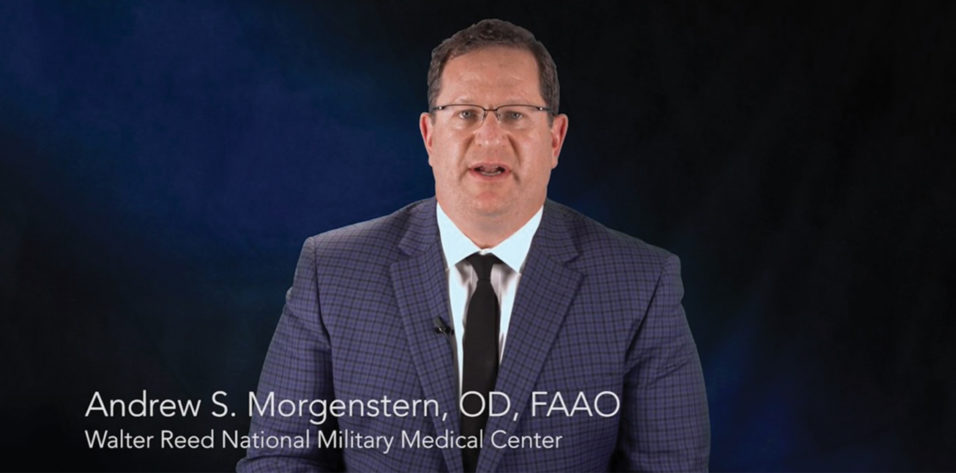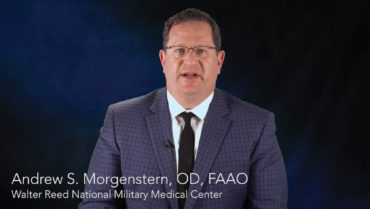Andrew S. Morgenstern, OD, FAAO, has played just about every role in the OD/MD relationship. His name is synonymous with collaborative care, so as a consultant, author, speaker, and thought leader, it’s no surprise that he’s got the ear of the eye care world. In this article, he discusses how being an opinion leader with roots in optometry and branches in ophthalmology positions him as an excellent representative to broker effective relationships between the two groups and reveals what he thinks is key to being an effective opinion leader.
The common ground that all good opinion leaders share—whether in optometry or ophthalmology—is that we speak the language of research. Opinion leaders give lectures, write papers, and write journal articles, among other things, and all these efforts require that we present repeatable, reliable, and dependable information. Our ability to do that comes from understanding the research process and from being able to perform good research. Our common language of research bridges gaps and brings us together, regardless of the differences in our training, when we want to get a message out about a certain product, device, or procedure.

Dr. Morgenstern on Capitol Hill at the American Optometric Association Congressional Advocacy Conference and State Legislative and Third Party National Conference.
Does my being a high-visibility opinion leader help build a mutually respectful alliance between the optometry and ophthalmology specialties? I think it does; by the same token, it’s important to mention that individual optometrists and ophthalmologists tend to get along well in one-on-one situations: They refer patients to each other, they develop bonds over time, and they trust one another.
…
Working with industry as an opinion leader is a useful reminder that we need industry. I think optometrists need to learn how to embrace the companies that service them. Sometimes those companies are viewed as the enemy; I view them as an ally—but it doesn’t bias my clinical judgment.
Our profession can’t exist without industry. Any meeting that we have is ultimately paid for and sponsored by a company or industry-related association. Whether it’s blinded or not, or whether it has an impact on the content or not, it is still integral to the mechanics of our specialty.
…
One of the key areas of convergence between industry and optometric and ophthalmic providers is through pharmaceutical representatives (reps). Industry reps are some of the most knowledgeable people with whom I deal. These drug reps know the landscape of industry, they understand what’s coming through the pipeline, and they know the general trends happening throughout the profession. There is no better way to find out what’s going on than to be nice to and talk to the drug reps who visit your office because they know everything and everybody. Yet most doctors—not just optometrists—don’t give reps the time of day. I don’t know a single thought leader or opinion leader who is dismissive, rude, or doesn’t give time to those industry reps, and here’s why: Reps are a treasure trove of information, and they can help you understand how to improve your business, your practice, and the care of your patients.

Dr. Morgenstern speaking at the podium.
Editor’s Note: The opinions expressed in this article by Dr. Morgenstern are his own and do not reflect the view, opinion, or recommendation of Walter Reed National Military Medical Center, Vision Center of Excellence, US Department of Defense, US Department of Veterans Affairs, Booz Allen Hamilton, or the United States government.



